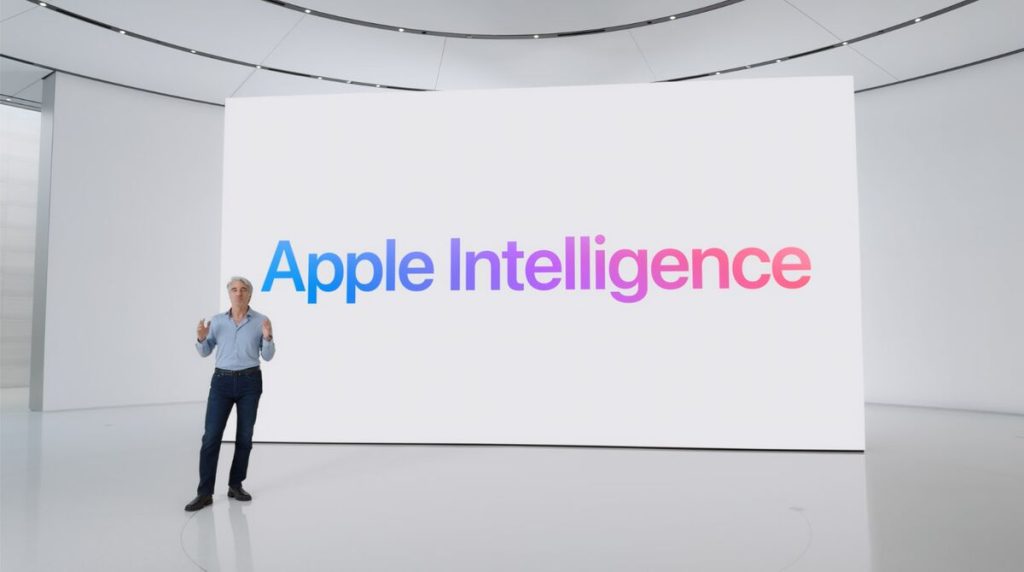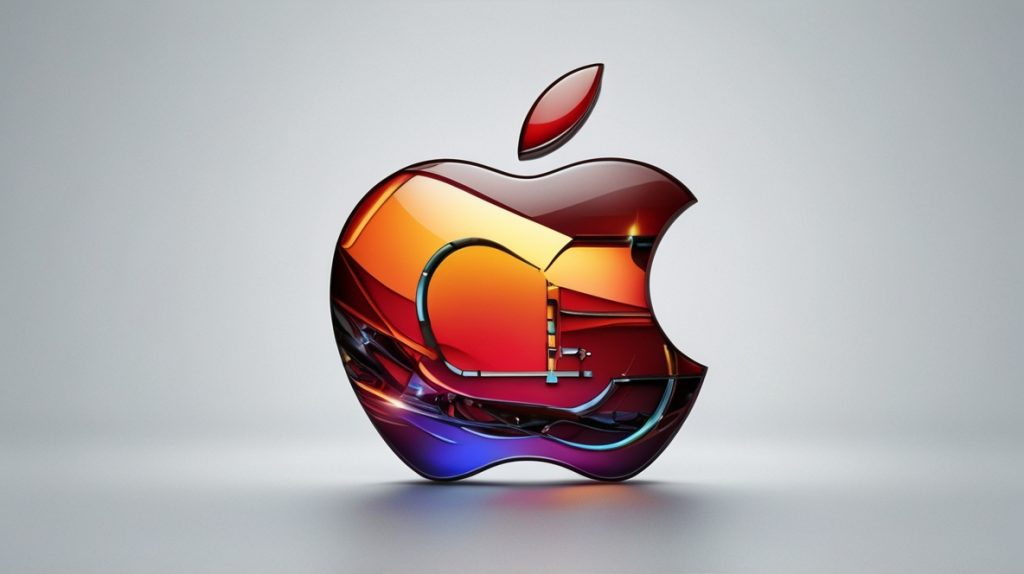Apple, long known for its innovative hardware designs, is facing a new reality where its devices are lasting longer and hardware upgrades are becoming less frequent. This shift is prompting the tech giant to pivot towards software and artificial intelligence (AI) as key drivers of future growth.
Device Longevity and Slowing Innovation
Apple’s recent report on product longevity reveals that devices as old as 2017 can still run the company’s current operating systems. While this demonstrates Apple’s commitment to supporting older hardware, it also presents a challenge: convincing consumers to upgrade regularly is becoming increasingly difficult.
The pace of hardware innovation has noticeably slowed across Apple’s product lines:
- The iPhone 15 Pro, despite its titanium shell, isn’t drastically different from the iPhone 12 released four years ago.
- The Apple Watch design has remained largely unchanged since the Series 4 in 2018.
- MacBook Pro and Air models are seeing longer intervals between significant design changes.
- Even the iPad Pro’s recent redesign came after a six-year wait.
This trend, combined with economic factors like inflation and less attractive trade-in deals, has led to declining sales for Apple in five of the past six quarters.

Shift to Software and AI
To counter this trend, Apple is placing greater emphasis on software enhancements and AI features to drive upgrades and maintain growth. The upcoming iPhone 16, while not expected to have major hardware changes, will introduce new “Apple Intelligence” features that require recent models to function.
These AI capabilities, including an upgraded version of Siri, are poised to become a centerpiece of Apple’s marketing strategy. The company hopes to replicate the success it had with the original Siri launch, which helped drive sales of the iPhone 4S in 2011.
Similar strategies are being applied to Mac and iPad lines, where features like iPhone Mirroring and Game Mode will require newer hardware to function, potentially encouraging upgrades.
AI Features and Vision Pro
Apple is also working on bringing its AI features to the Vision Pro headset, though this integration won’t happen in 2024. The mixed-reality device has sufficient memory (16GB) to run the technology, and features like notification prioritization and writing tools could enhance its positioning as a productivity device.
Services and Subscriptions
As hardware upgrades slow, Apple is expected to rely more heavily on services fees and subscriptions for revenue growth. The company’s vigorous defense of its App Store revenue model reflects the increasing importance of this category to its future earnings.
There’s potential for Apple to monetize its AI features in the future, possibly through an “Apple Intelligence+” subscription service. The company also stands to benefit from revenue sharing with AI partners it brings onboard.
Retail Strategy for Vision Pro
Five months after launching the Vision Pro, Apple is refining its in-store strategy for the $3,499 device. New demo features allow customers to view their own media in mixed reality, and a “Go Deeper” option lets potential buyers spend more time exploring specific features. These changes aim to boost sales as the product begins its international rollout.
Future Operating Systems
Apple has already begun development on its 2025 major operating systems: iOS 19 (“Luck”), macOS 16 (“Cheer”), watchOS 12 (“Nepali”), and visionOS 3 (“Discovery”). While it’s too early to predict specific features, this early start aligns with the company’s usual schedule for testing new hardware.
AI Partnerships and Competition
Despite rumors, Apple is not pursuing a partnership with Meta to offer the Llama chatbot. The company had brief discussions with Meta in March but has no interest in embedding their service, partly due to perceived superiority of other AI providers and concerns about Meta’s privacy practices. Apple is more likely to announce partnerships with companies like Google or Anthropic when Apple Intelligence launches.
Regulatory Concerns and Apple Pay Later
Apple’s decision to shut down its Pay Later service after only a year was partly driven by increased regulatory scrutiny. The Consumer Financial Protection Bureau’s announcement of stricter regulations for “buy now, pay later” services prompted Apple to reconsider its involvement in this space.
Industry Implications
Apple’s pivot towards AI and software-driven upgrades could have far-reaching implications for the tech industry and consumer behavior:
- Changing consumer expectations: As AI becomes more integrated into daily tasks, users may come to expect more automated and intuitive services across all their devices.
- Personalized shopping experiences: Apple Intelligence could potentially analyze users’ browsing history, purchase patterns, and social media activity to predict and recommend future purchases.
- Business-customer interactions: Integration of AI technologies like ChatGPT could transform how businesses handle customer inquiries, process orders, and provide product recommendations through Apple devices.
- Competition in AI space: Apple’s focus on AI features could intensify competition among tech giants in the race to provide the most advanced and user-friendly AI capabilities.
- Hardware lifecycle impact: As software and AI become primary drivers of upgrades, it may further extend the usable lifespan of hardware, potentially impacting the entire consumer electronics industry.

Apple’s strategic shift towards AI and software innovation reflects a broader trend in the tech industry, where the value proposition of devices is increasingly tied to their software capabilities rather than hardware specifications. As Apple navigates this transition, its success will likely depend on its ability to deliver compelling AI features that enhance user experiences across its ecosystem of devices and services. This pivot not only aims to maintain Apple’s growth trajectory but also positions the company to compete effectively in the AI-driven future of consumer technology.
Copyright©dhaka.ai
tags: Artificial Intelligence, Ai, Dhaka Ai, Ai In Bangladesh, Ai In Dhaka, Apple, Future of AI, Artificial Intelligence in Bangladesh



